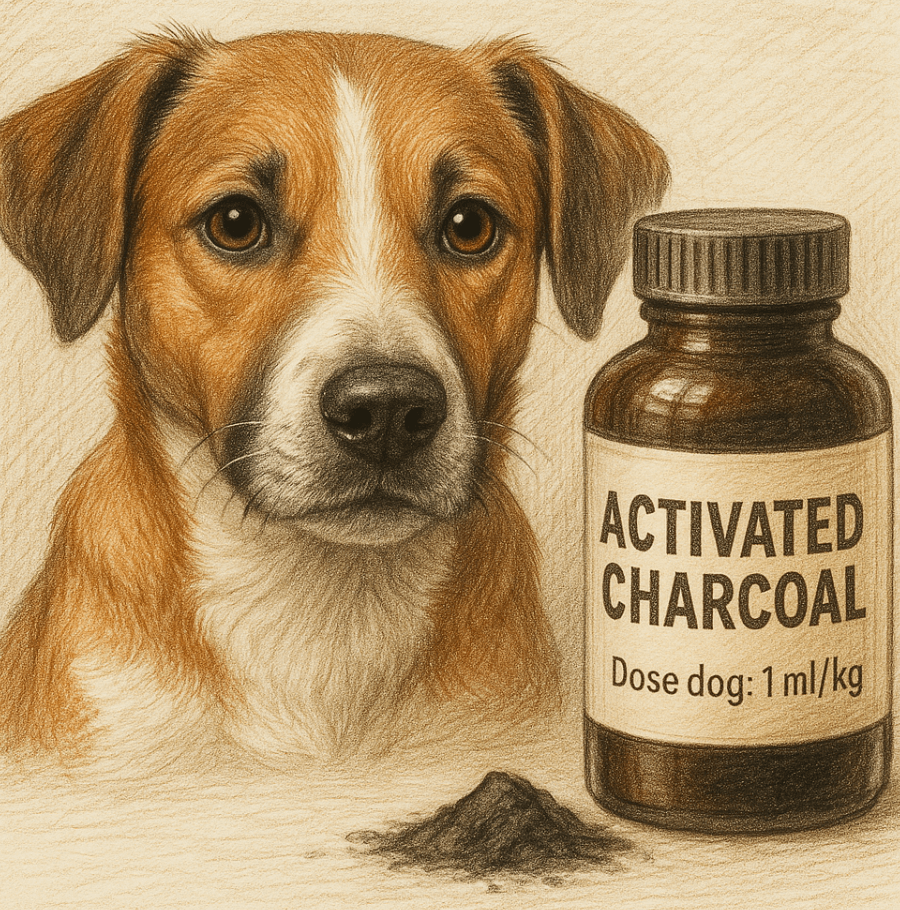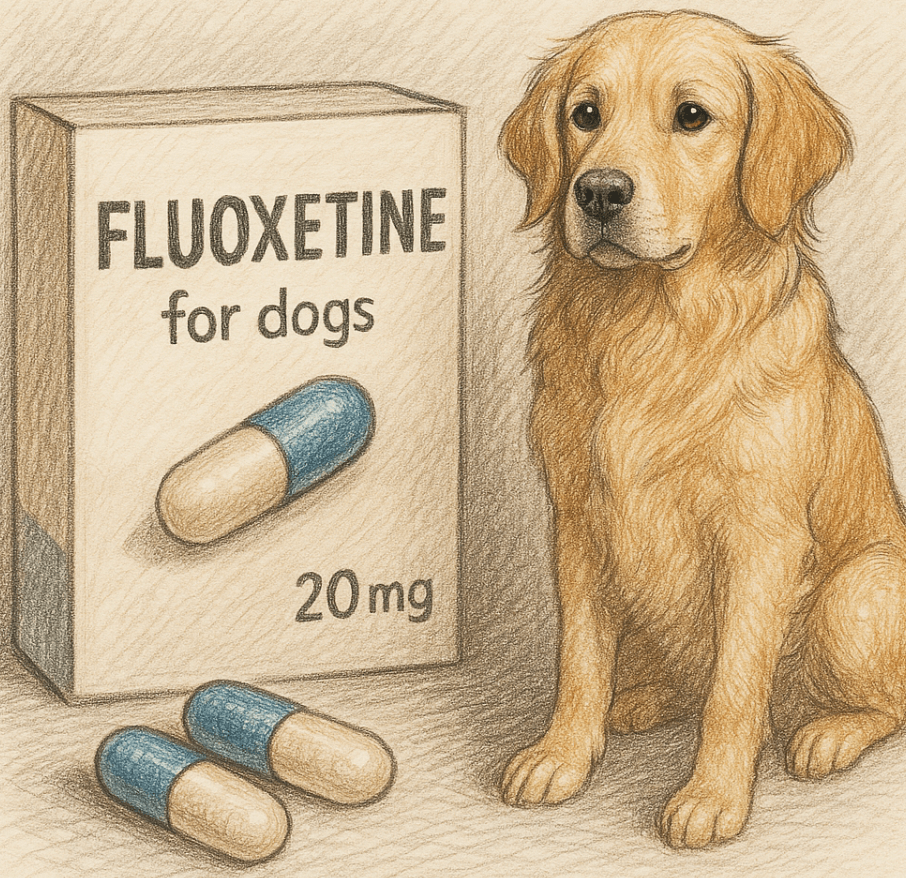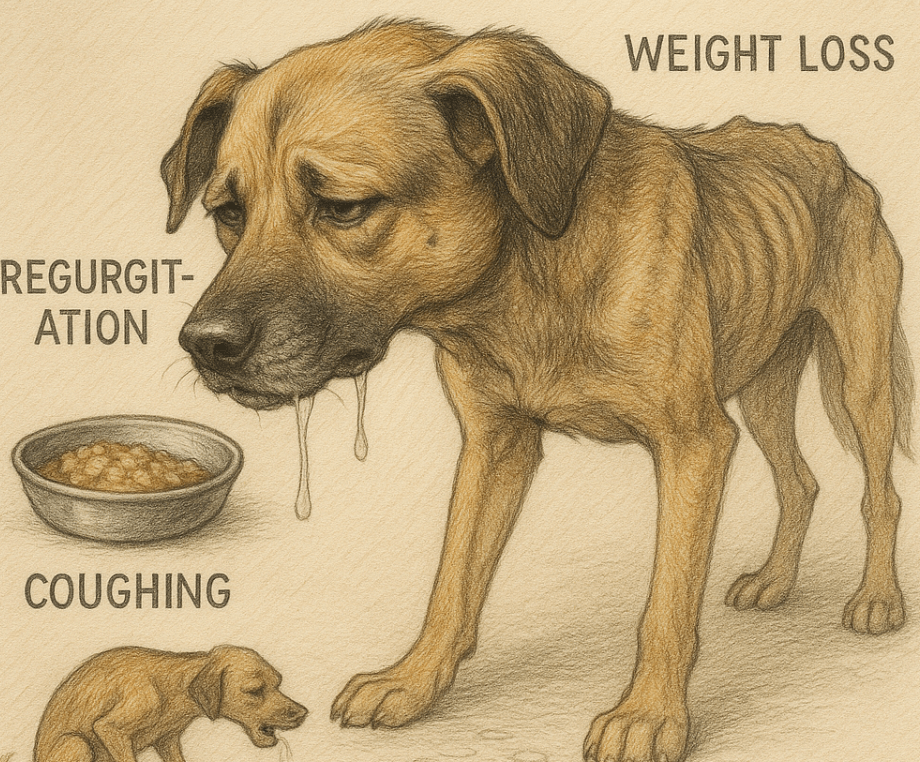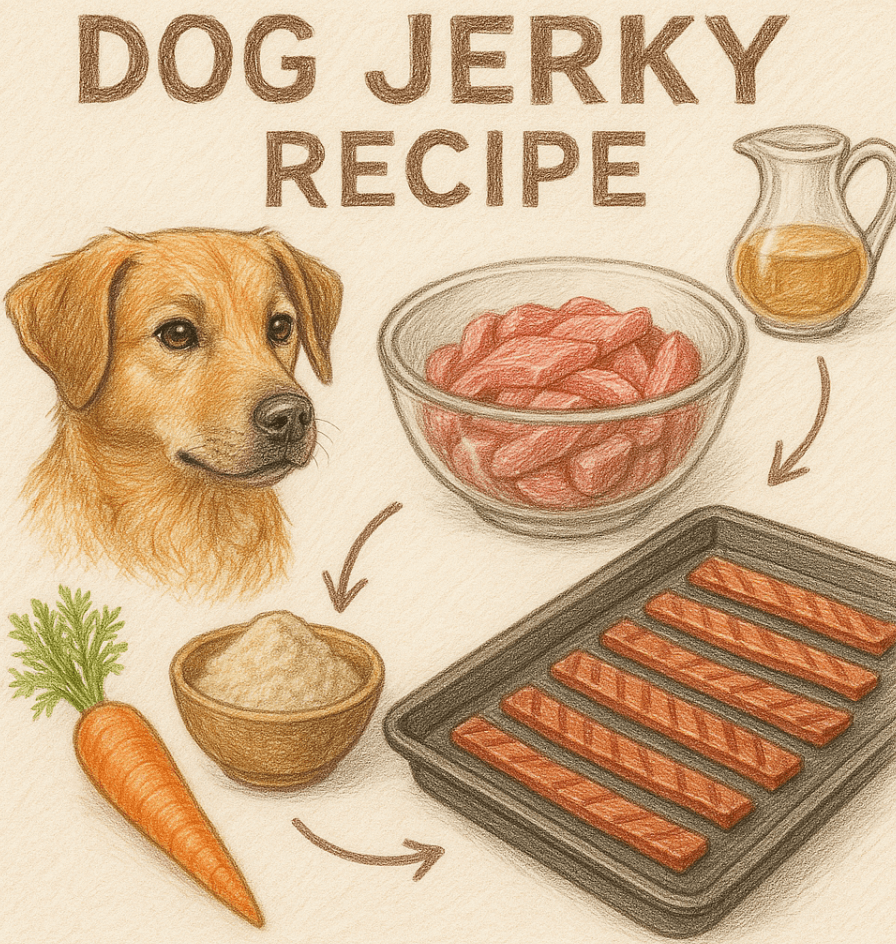Activated Charcoal Dose for Dogs: A Guide to Safe Usage (ml/kg)
Activated charcoal is a powerful tool in veterinary medicine, often used as an emergency treatment for poisoning or toxin ingestion in dogs. Administered correctly, it can adsorb harmful substances in the gastrointestinal tract, preventing their absorption into the bloodstream. However, determining the right activated charcoal dose for your dog—measured in milliliters per kilogram (ml/kg)—is crucial to ensure safety and effectiveness.
In this blog post, we’ll explore everything you need to know about using activated charcoal for dogs, including dosage guidelines, administration tips, and important precautions. Whether you’re a pet owner or simply curious about canine care, this guide will help you navigate this critical aspect of pet health.
Understanding the Correct Activated Charcoal Dosage for Dogs
The dosage of activated charcoal for dogs is typically calculated based on their body weight, measured in milliliters per kilogram (ml/kg). Getting the dosage right is essential to avoid underdosing or overdosing, both of which can have serious consequences. Here’s what you need to know:
General Dosage Guidelines:
The standard dose of activated charcoal for dogs is 1-3 grams per kilogram of body weight, often converted to milliliters based on the product’s concentration.Frequency of Administration:
In severe cases, repeated doses may be necessary every 4-6 hours to ensure complete toxin adsorption.Adjustments for Smaller Dogs:
For smaller breeds, precise measurements are critical to prevent adverse effects from even slight overages.Liquid vs. Powder Form:
Liquid activated charcoal is easier to measure and administer, while powdered forms require mixing with water before use.Consultation with a Veterinarian:
Always seek professional advice before administering activated charcoal, as incorrect dosing can lead to complications.
Properly calculating and administering the correct activated charcoal dose ensures your dog receives the maximum benefit with minimal risk.
How to Safely Administer Activated Charcoal to Your Dog
Administering activated charcoal to your dog requires care and precision to ensure it’s effective and well-tolerated. Follow these steps to make the process as smooth as possible.
Choose the Right Product:
Use only food-grade activated charcoal specifically designed for pets or recommended by your veterinarian.Measure Accurately:
Use a syringe or measuring cup to ensure you’re giving the exact amount prescribed, avoiding guesswork.Mix with Water if Necessary:
If using powdered charcoal, mix it with water to create a slurry that’s easier to administer.Use a Syringe for Oral Administration:
Gently insert the syringe into the side of your dog’s mouth and slowly dispense the liquid to prevent choking.Monitor for Side Effects:
Watch for signs of vomiting, diarrhea, or constipation, which may indicate an adverse reaction.
By following these steps, you can safely administer activated charcoal and maximize its detoxifying benefits for your dog.
Check this guide 👉Side Effects of Activated Charcoal in Dogs : Best 7 Tips!
Check this guide 👉Activated Charcoal for Dogs: Best 7 Expert Tips!
Check this guide 👉When Your Dog Ate Charcoal: Best 7 Health Tips!

Benefits of Activated Charcoal for Dogs | Risks and Precautions to Consider |
|---|---|
Adsorbs toxins in the stomach and intestines | Risk of aspiration if improperly administered |
Reduces absorption of ingested poisons | May cause vomiting or diarrhea |
Effective for a wide range of toxins | Not suitable for all types of poisonings |
Can be given multiple times if needed | Overdosing can lead to complications |
Non-invasive and easy to administer | Requires veterinary supervision for safety |
Signs Your Dog May Need Activated Charcoal
Knowing when to administer activated charcoal is just as important as understanding how to do so. Look for these signs that your dog may have ingested something toxic.
Vomiting or Diarrhea:
These symptoms often indicate exposure to a harmful substance, though they can also occur due to other causes.Lethargy or Weakness:
Sudden changes in energy levels may suggest poisoning or toxin ingestion.Excessive Drooling:
Increased salivation can be a sign of nausea or irritation caused by ingesting toxic materials.Unusual Behavior:
Restlessness, confusion, or aggression may indicate your dog has been exposed to a dangerous substance.Visible Evidence of Poisoning:
Finding chewed plants, spilled chemicals, or empty medication bottles near your dog can confirm exposure.
Recognizing these signs early allows you to act quickly and potentially save your dog’s life with timely intervention.
When Not to Use Activated Charcoal for Dogs
While activated charcoal is highly effective in many cases, there are situations where it should not be used. Understanding these limitations ensures you don’t inadvertently harm your dog.
Corrosive Substances:
Activated charcoal is ineffective against strong acids, alkalis, or corrosive chemicals, which require different treatments.Hydrocarbons and Petroleum Products:
Substances like gasoline, kerosene, or paint thinner can cause aspiration if charcoal is administered.Seizures or Unconsciousness:
Dogs experiencing seizures or unconsciousness should not be given charcoal, as it poses a choking hazard.Allergic Reactions:
If your dog has a known allergy to activated charcoal, avoid using it altogether.Recent Vomiting Episodes:
Administering charcoal after significant vomiting may worsen dehydration or irritation.
Being aware of these contraindications helps you make informed decisions about your dog’s care.
Common Mistakes to Avoid When Using Activated Charcoal
Mistakes in administering activated charcoal can reduce its effectiveness or even harm your dog. Avoid these common errors to ensure safe and successful treatment.
Incorrect Dosage Calculations:
Miscalculating the ml/kg dose can lead to underdosing or overdosing, both of which compromise safety and efficacy.Using Human-Grade Products Without Approval:
Human activated charcoal may contain additives unsafe for dogs; always use pet-safe formulations.Delaying Treatment:
Waiting too long to administer charcoal reduces its ability to adsorb toxins effectively.Ignoring Veterinary Advice:
Skipping professional guidance increases the risk of improper use and unintended complications.Forcing Administration Too Quickly:
Rushing the process can cause choking or aspiration, especially in stressed or uncooperative dogs.
Avoiding these mistakes ensures activated charcoal serves its purpose without causing harm.
Alternative Treatments for Canine Poisoning
While activated charcoal is effective for many cases, some situations call for alternative treatments. Here are other options your veterinarian might recommend.
Induced Vomiting:
Used within the first few hours of ingestion to expel toxins before they’re absorbed.Intravenous Fluids:
Helps flush toxins from the system and prevents dehydration caused by vomiting or diarrhea.Antidotes for Specific Toxins:
Certain poisons, like antifreeze, require specific antidotes such as ethanol or fomepizole.Activated Attapulgite Clay:
An alternative adsorbent for certain types of toxins, though less commonly used than charcoal.Supportive Care:
Includes hospitalization, oxygen therapy, and monitoring vital signs during recovery.
Exploring these alternatives ensures comprehensive care tailored to your dog’s unique situation.
Preventing Accidental Poisoning in Dogs
Prevention is always better than cure. Taking proactive steps can minimize the risk of your dog ingesting harmful substances.
Secure Household Chemicals:
Store cleaning products, pesticides, and medications out of reach to prevent accidental exposure.Be Cautious with Plants:
Research pet-safe plants and remove toxic ones like lilies, azaleas, or sago palms from your home.Supervise Outdoor Playtime:
Keep an eye on your dog during walks or outdoor play to avoid contact with hazardous materials.Educate Family Members:
Ensure everyone in the household understands the importance of keeping dangerous items away from pets.Keep Emergency Contacts Handy:
Save your veterinarian’s number and the ASPCA Animal Poison Control Center hotline for quick access in emergencies.
By focusing on prevention, you can keep your dog safe and reduce the likelihood of needing activated charcoal or other interventions.
Frequently Asked Questions About Activated Charcoal for Dogs
Can I give my dog activated charcoal without consulting a vet?
No, always consult a veterinarian before administering activated charcoal to ensure it’s safe and appropriate.
What is the typical activated charcoal dose for dogs in ml/kg?
The standard dose ranges from 1-3 grams per kilogram of body weight, often converted to milliliters based on the product’s concentration.
How long does activated charcoal take to work?
It begins adsorbing toxins immediately but may require multiple doses depending on the severity of the poisoning.
Can activated charcoal be used for all types of poisoning?
No, it’s ineffective against certain substances like heavy metals, ethanol, and caustic agents.
Are there any side effects of activated charcoal for dogs?
Possible side effects include vomiting, diarrhea, constipation, or blackened stools.
Ensuring Your Dog’s Safety with Proper Use of Activated Charcoal
Activated charcoal is a valuable tool in managing accidental poisoning or toxin ingestion in dogs, but it must be used responsibly. By understanding the correct dosage, administration methods, and potential risks, you can provide your dog with the best chance of recovery in an emergency. Always prioritize consultation with a veterinarian to ensure your actions align with your dog’s specific needs. With knowledge and care, activated charcoal can be a lifesaving resource, helping protect your furry friend from harmful substances and ensuring their continued health and happiness.
Fluoxetine for Dogs: Best 7 Expert Tips! Discover expert advice on using fluoxetine safely, managing side effects, and improving your dog’s mental health effectively.
Megaesophagus in Dogs: Best 7 Expert Tips! Discover expert advice on symptoms, management, and care to improve your dog's quality of life with this challenging condition.
Giant Schnauzer Dog: Best 7 Expert Tips! Discover expert advice on training, grooming, and living with this intelligent, loyal breed for a happy and well-behaved companion.
Dog Jerky Recipe: Best 7 Expert Tips! Discover easy, healthy, and safe homemade dog jerky ideas with expert advice on ingredients, preparation, and storage for your pup's delight.




